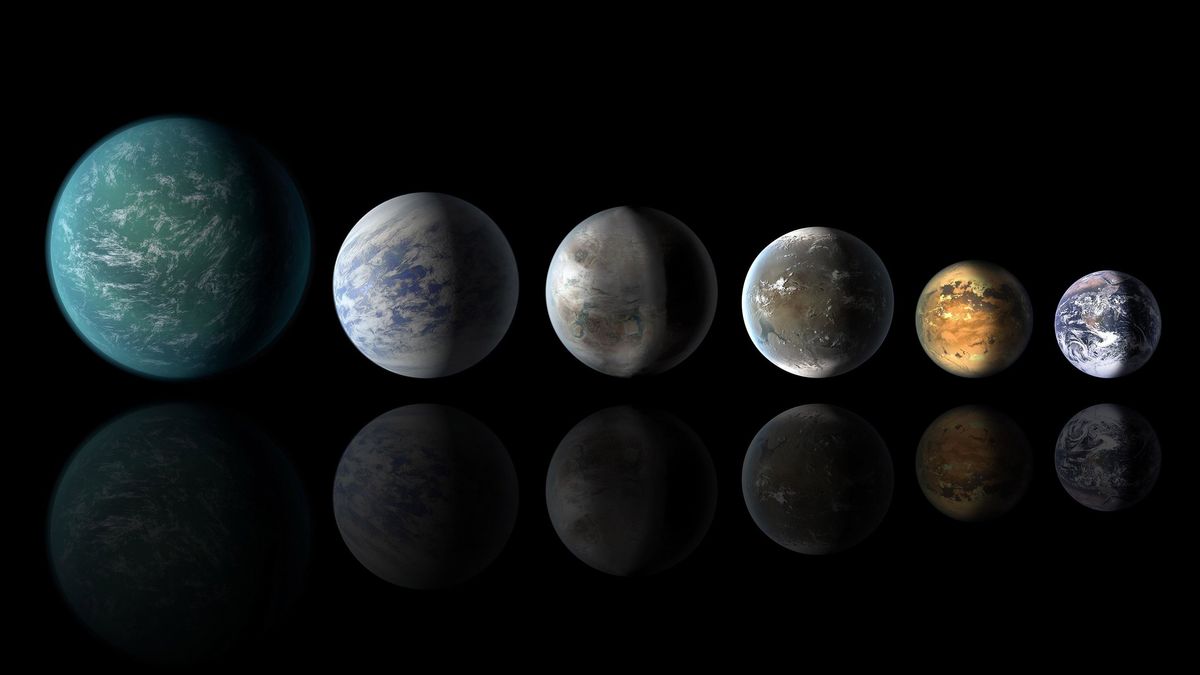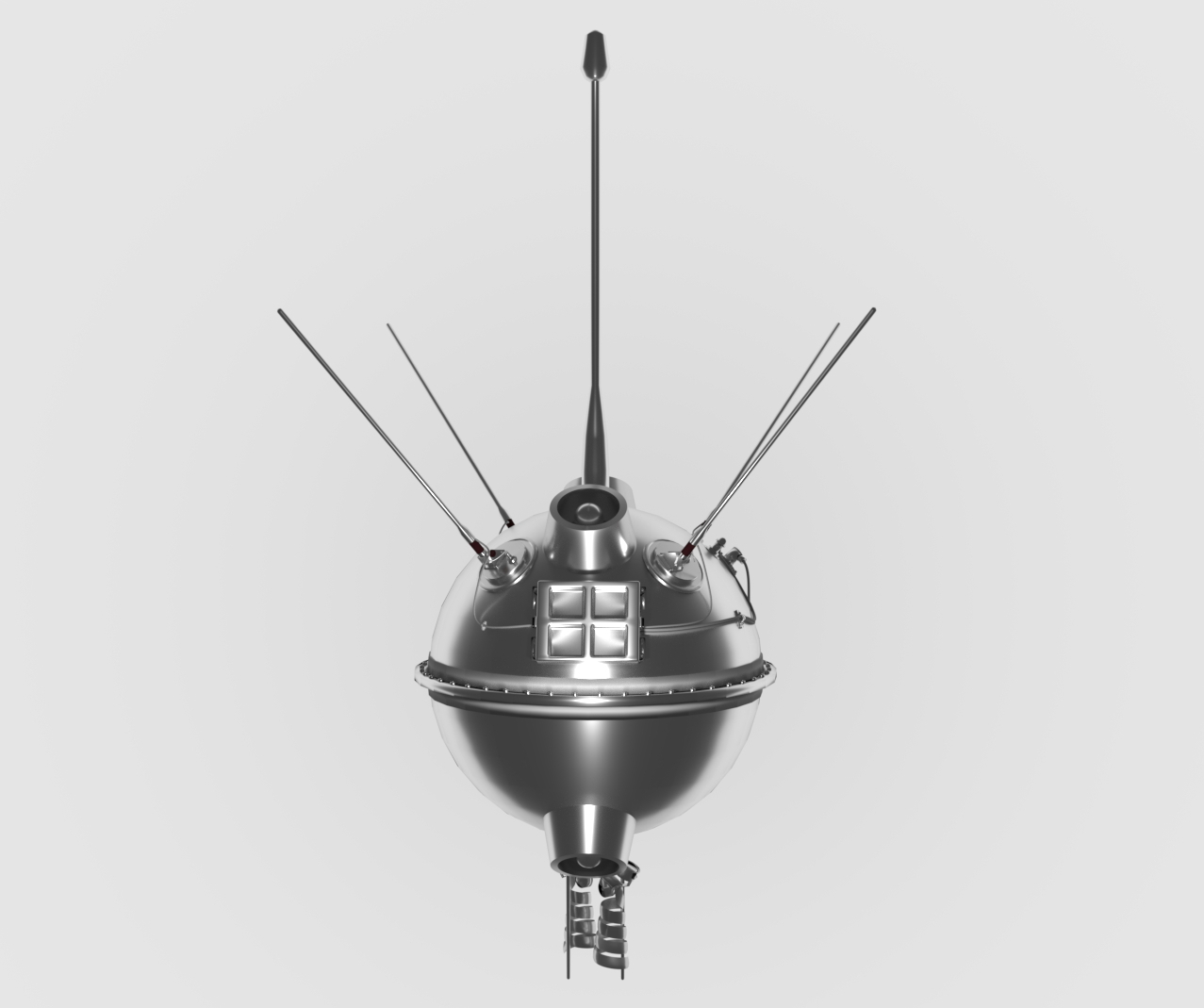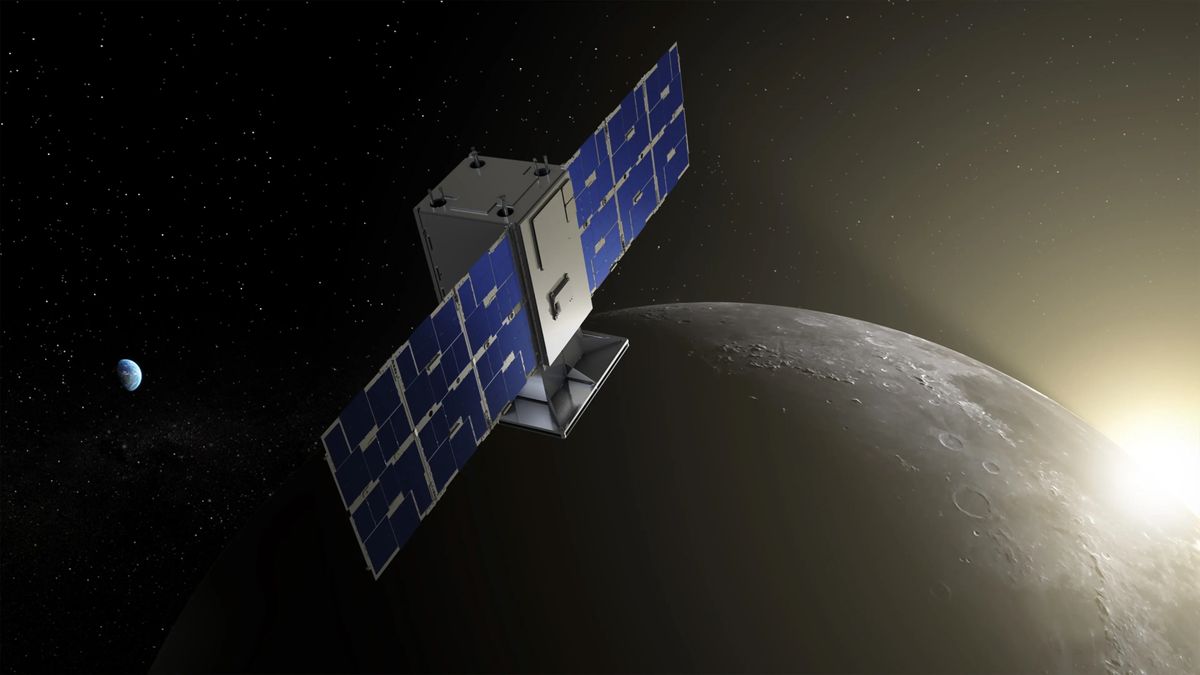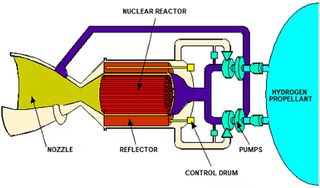One way to find water worlds beyond our solar system could be to look for minerals — or more specifically, to study minerals mixed with cool lava on exoplanet surfaces. This is because if water comes into contact with fresh lava that’s in the process of cooling, it can spur the formation of specific minerals within the lava. So, find those minerals, and you may be getting close to the water that formed them — whether that water lies on an exoplanet’s surface or is hidden underground.
Of course, this concept assumes some exoplanets actually have cooled lava that can be examined with our instruments — and therefore have exhibited volcanic activity at some point in their pasts — but the odds are in our favor. Just within our own solar system, we’ve spotted lava flows on Mercury, the moon, Mars and Jupiter‘s moon Io. Any rocky world is likely to also have been a volcanic world at some point in its history.
As such, a team of researchers recently built a database concerning how certain minerals in cooled lava on an exoplanet might reveal themselves to one of astronomy’s most powerful instruments: the James Webb Space Telescope.
The study team decided to focus its attention on a material called basalt, because this dark, fine-grained rock forms when lava flows onto the surface of a planet and then cools. It’s also one of the most common rocks in our solar system — and probably the rest of the galaxy, for that matter.
“We know that the majority of exoplanets will produce basalts,” Esteban Gazel, an engineer at Cornell University and co-author of a study about the database, said in a statement. Gazel continued to explain that the chemical makeup of most stars hosting exoplanets we’ve found suggest the planets should be made of the right stuff to form basalt lava: “It will be prevalent not only in our solar system, but throughout the galaxy, too.”
The truth lies in the basalt
Looking at a slab of basalt can reveal a lot about where and how it formed — including whether there was liquid water around during its formation.
As mentioned earlier, when water flows across cooling lava, or through cracks in rock, it can form minerals like amphibole or serpentine, which show up in volcanic rocks here on Earth. Each of these minerals should absorb and emit characteristic wavelengths of energy, like a chemical fingerprint written in light, and the JWST can catch those wavelengths. Therefore, by basically measuring the spectrum of light radiating from a distant planet with the JWST, astronomers can get an idea of what the source is made of.
“We’re testing basaltic materials here on Earth to eventually elucidate the composition of exoplanets through the James Webb Space Telescope data,” Gazel said.
He and his colleagues measured the spectra of light from 15 samples of basalt, each taken from different environments here on Earth and containing a different mix of minerals. They used a computer program to simulate what that basalt data might look like if it were coming from the surface of a rocky planet called LHS 3844b, which sits about 48 light-years away, and gets seen via the JWST’s Mid-Infrared Instrument (MIRI).
“By examining small spectral differences between the basalt samples, scientists can in theory determine whether an exoplanet once had running surface water or water in its interior,” according to the statement.
It’s going to be a while before astronomers can put the library of basalt spectra to the test, however. Measuring the spectrum of lava flows spread across the surface of a distant world would take dozens, or even hundreds, of hours of the JWST’s time, which is in high demand. Astronomers are often lucky to get just a few hours to point the telescope at their chosen target.
A study about the databased was published on Nov. 14 in the journal Nature Astronomy.



